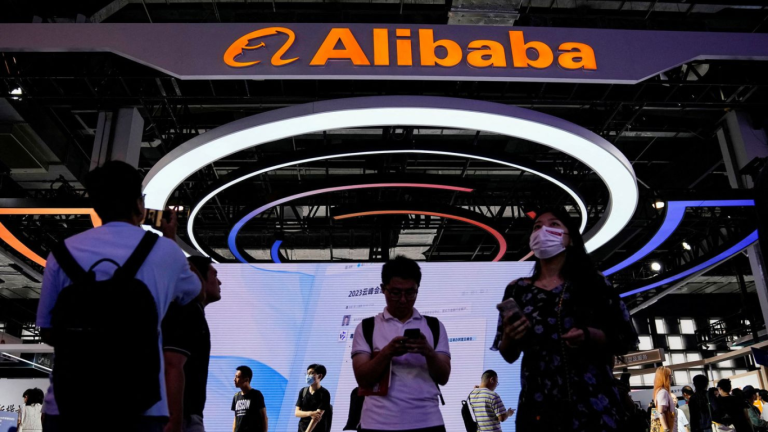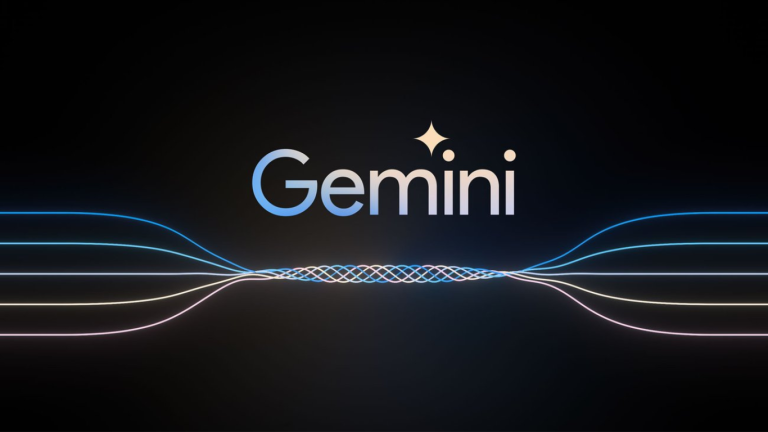_large.png)
Water Management in Farming: How Smart Irrigation is Solving Global Water Scarcity
Water scarcity is one of the most pressing challenges facing the global agricultural sector. With the United Nations projecting that the world’s population will exceed 9 billion by 2050, the demand for food—and, by extension, water—will continue to rise. At the same time, climate change and unsustainable water usage are
exacerbating this crisis. According to the Food and Agriculture Organization (FAO), agriculture accounts for nearly 70% of global freshwater use, with irrigation systems often wasting vast amounts of water. This is where smart irrigation technology is stepping in—offering innovative solutions to optimize water usage, reduce waste, and enhance crop yields. In this article, we explore how smart irrigation is helping farmers combat water scarcity and build a more sustainable future.
The Growing Challenge of Water Scarcity in Agriculture
Water scarcity is not a distant problem—it's an ongoing crisis affecting millions of farmers worldwide. In many regions, traditional irrigation methods waste precious water resources, leading to unsustainable consumption and depleted aquifers. Climate change is amplifying these challenges, with shifting rainfall patterns, prolonged droughts, and extreme weather events making water management even more critical.
Farmers are increasingly faced with the dual pressure of needing to conserve water while ensuring their crops receive enough moisture to thrive. Efficient water management is no longer optional; it is a necessity for the survival and growth of modern agriculture.
Smart Irrigation: A Game-Changer in Water Management
Smart irrigation systems are transforming the way farmers manage water. These technologies use data and real-time monitoring to deliver precise amounts of water to crops, minimizing waste and maximizing efficiency. Key components of smart irrigation systems include:
-
Sensors and IoT Devices: Embedded sensors in the soil measure moisture levels and weather conditions, providing farmers with valuable insights into when and how much to irrigate. IoT-enabled devices can automatically adjust irrigation schedules, ensuring crops are watered only when necessary.
-
Weather Forecasting Integration: Advanced weather forecasting tools can predict rainfall and temperature patterns, allowing irrigation systems to adjust in anticipation of weather changes. This feature helps prevent overwatering during rainy periods and ensures adequate water supply during dry spells.
-
Variable Rate Irrigation (VRI): VRI technology allows for variable irrigation rates based on specific needs in different areas of a field. It uses data from sensors to assess soil variability, ensuring that crops receive tailored water applications, which reduces water usage and promotes healthy plant growth.
Benefits of Smart Irrigation: Maximizing Efficiency and Yield
The integration of smart irrigation systems brings numerous benefits for farmers facing water scarcity:
-
Water Conservation: By using data-driven insights, smart irrigation reduces water waste by applying water only where and when it is needed. This not only conserves valuable water resources but also reduces the costs associated with overwatering.
-
Increased Crop Yield: Proper water management is key to maximizing crop yield. With optimized irrigation schedules, crops receive consistent moisture levels, resulting in healthier plants and better harvests.
-
Cost Savings: Efficient water use translates into reduced water bills and lower energy costs. By eliminating the need for excessive irrigation, farmers can save on both operational and resource-related expenses.
-
Sustainability: Smart irrigation systems contribute to the long-term sustainability of farming by reducing water consumption and promoting environmentally responsible practices. This makes them a crucial tool for addressing the global water crisis.
The Role of Drought-Resistant Crops in Enhancing Water Efficiency
While smart irrigation plays a key role in optimizing water use, it is also complemented by advancements in crop resilience. Drought-resistant crops, developed through genetic engineering and traditional breeding techniques, are designed to thrive in arid conditions with minimal water requirements. These crops reduce the reliance on irrigation and further support sustainable water management.
The combination of smart irrigation technology and drought-resistant crops represents a holistic approach to farming that can help mitigate the impacts of water scarcity. By adopting these solutions, farmers can future-proof their operations and ensure a stable food supply despite changing environmental conditions.
5. Water Management Technologies: A Holistic Approach to Sustainable Farming
Smart irrigation is just one part of a broader trend in sustainable farming practices. Farmers are also turning to technologies that support overall water management, such as:
-
Rainwater Harvesting: Systems that collect and store rainwater for irrigation use, providing an additional, sustainable water source.
-
Precision Agriculture: The use of GPS, drones, and data analytics to monitor and manage water distribution across fields, improving efficiency.
-
Water Recycling: Technologies that enable the reuse of treated wastewater for irrigation, reducing the demand on freshwater resources.
Together, these technologies form a comprehensive strategy for managing water in agriculture, ensuring that every drop counts and contributes to greater efficiency and sustainability.
As water scarcity continues to threaten global food production, farmers must embrace innovative solutions to ensure the future of agriculture. Smart irrigation systems, combined with sustainable water management practices and drought-resistant crops, offer a powerful strategy for conserving water, optimizing crop yields, and building resilience to climate change.
The future of farming lies in the ability to balance efficiency with sustainability, and smart irrigation is at the forefront of this transformation. IBIACO can help your organization navigate the complex landscape of water management and sustainability, providing actionable insights and strategies for growth in the face of global challenges. Connect with us today to learn how we can support your journey toward a more sustainable and water-efficient future in agriculture.

_medium.png)


















